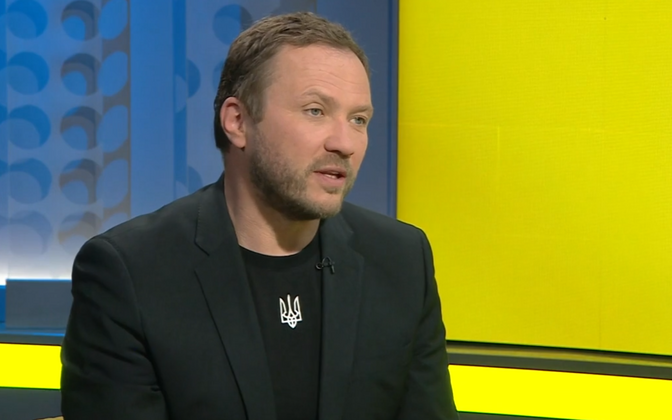The Estonian government will adopt legislation to penalise individuals who incite separatism, undermine states’ sovereignty and territorial integrity.
The sanction will be applied to individuals who incite separatism, undermine the sovereignty of states, or have committed a serious financial offense involving public funds, including corruption, or a crime that corresponds to the characteristics of money laundering.
The measure allows Estonia to take steps on the international stage to ensure the preservation or restoration of peace, international security, and the international legal order, Minister of Foreign Affairs Margus Tsahkna (Eesti 200) said.
“The new sanction makes it possible to impose entry bans on individuals for whom there is evidence of participation in, or active support for, activities abroad that violate international law and its principles,” he said in a statement.
“The current global security situation requires urgent proactive action,” the minister added.
 Margus Tsahkna. Source: ERR
Margus Tsahkna. Source: ERR
Individuals subject to the entry ban will be designated by order of the foreign minister. The new sanction will enter into force the day after its publication in Riigi Teataja, the state gazette.
The new legislation was proposed by Tsahkna on Thursday and agreed to by the coalition.
Tsahkna slapped entry bans on Moldovan opposition politician Irina Vlah and on Milorad Dodik, a politician from Bosnia and Herzegovina, on Thursday.
He cited violations of international law, inciting separatism, or undermining state sovereignty as the reason for doing so.
Vlah allegedly aided Russia in interfering in Moldova’s elections, taking place this week, while Dodik is a Bosnian Serb politician. He served as the 8th president of Republika Srpska 2010–2018 and again 2022 until August this year, when he was stripped of his mandate after being found guilty of disrespecting the decisions of the high representative of the international community in Bosnia and Herzegovina.
—
